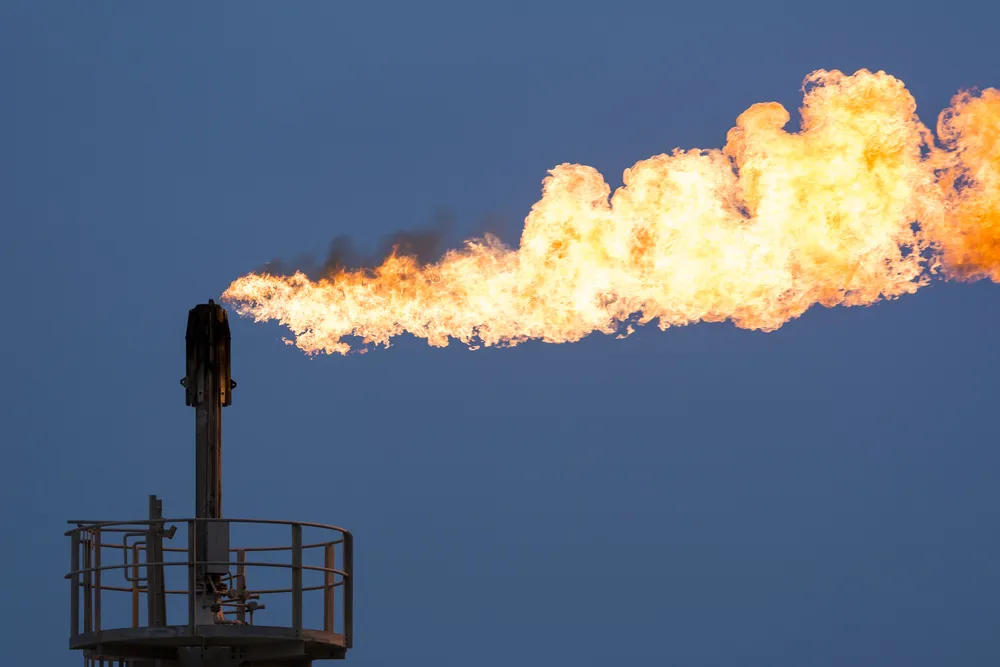Introduction:
The safety and security of power systems cannot be overlooked in the oil and gas sector. This Protection of Power Systems Course is multifaceted, covering all the intricate actions and procedures practiced to protect power systems and critical installations.
In this training, participants will go beyond conventional ideas of power system protection and gain the competence to understand the relationship between electrical devices, the environment, and operations in the field.
Participants typically include professionals related to the oil and gas field, such as power system protection engineers, technicians, and power managers involved in the excavation, refining, and distribution of power systems.
Understanding power system protection principles is critical for minimizing risks, maintaining uninterrupted systems, and complying with best practices in the dynamic environment of oil and gas operations. Power system protection contributes significantly to operational safety and reliability, ultimately affecting the efficiency of commitments.
As technology advances, power system protection must adapt to meet the evolving standards in the field.
Objectives:
At the end of this Protection of Power Systems Course, participants will be able to:
- Learn the principles of power system protection relative to the oil and gas industry.
- Detect risks and threats to power protection systems and oil and gas facilities.
- Manage electrical power system components’ protection using various protective devices.
- Analyze electrical faults, power systems protection, relaying, and troubleshooting.
- Understand the standards and practices within the industry for power system protection.
- Identify risks and implement preventive maintenance to reduce risk timing of maintenance.
- Increase efficiency of emergency management through appropriate strategies in power protection systems.
- Enhance safety in operational activities, improving the efficiency and reliability of power systems in oil and gas sectors.
Training Methodology:
- Role-playing
- Dialogues
- Presentations
- Panel/lecture discussions
- Tests
- Cooperative and collaborative learning involving case studies
Course Outline:
Unit 1: Introduction to Power System Protection
- Focus on current advanced power system protection technologies adopted in the oil and gas industry.
- Key terminology and power system protection essentials.
- Understanding the necessity of power system protection for service continuity.
- Evolution and current trends in power system protection technology.
- The importance of power system protection in reducing system downtime and financial implications.
Unit 2: Protection Devices and Schemes
- Protective devices used in modern power systems: relays, circuit breakers, fuses.
- Protection schemes applicable for different equipment: transformers, generators, motors.
- Considerations for selecting protective cover components for power systems.
- Interaction of protective relaying devices for isolation of required equipment.
- Availability of power system protection on both digital and microprocessor bases.
Unit 3: Fault Analysis and Troubleshooting
- Tools for identifying weaknesses in power systems and their protection systems.
- Faults associated with protection and relay systems of oil and gas-powered systems.
- Common issues and troubleshooting tools.
- Case studies of problem-solving and analysis in oil and gas fault subjects.
- Natural conditions' effects on fault occurrences and protection performance.
Unit 4: Standards and Best Practices
- Standard rules associated with power system protection: IEEE, IEC, NERC protection standards.
- Local and international legal requirements for power system protection.
- Guidelines for the installation, expansion, and performance diagnostics of power systems protection and control systems.
- Records and performance improvement strategies for power system protection.
- Maintaining a high level of protection through continued training and competence development for engineers.
Unit 5: Preventive Maintenance and Emergency Response
- Strategies for preventive maintenance of power system protection systems.
- Planning and execution of emergency measures for power system protection and control.
- Case studies of successful and failed scenarios in power system protection.


















